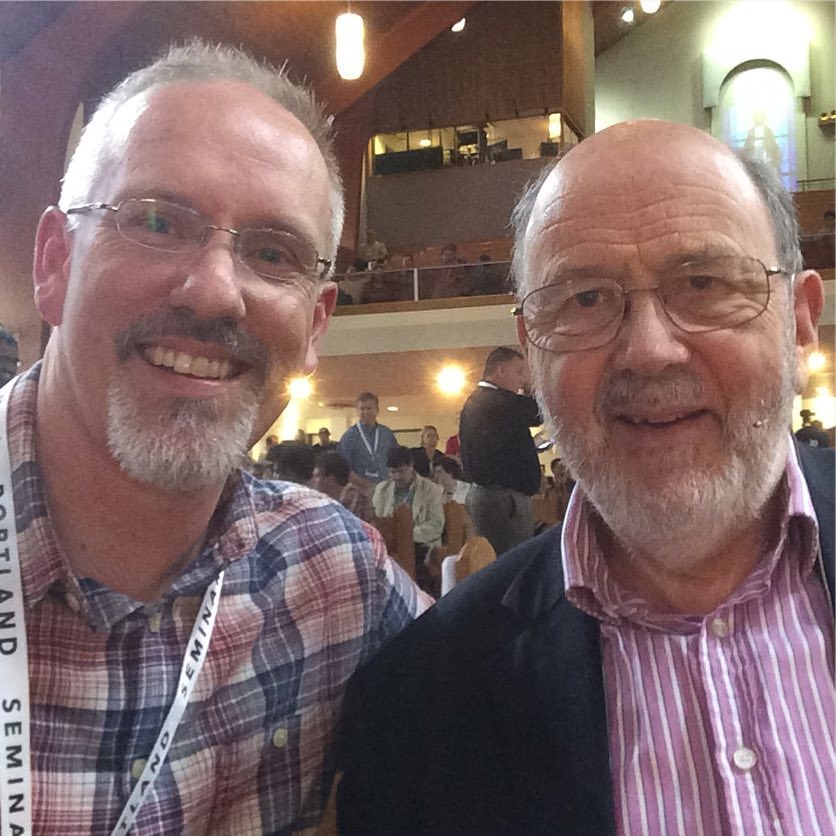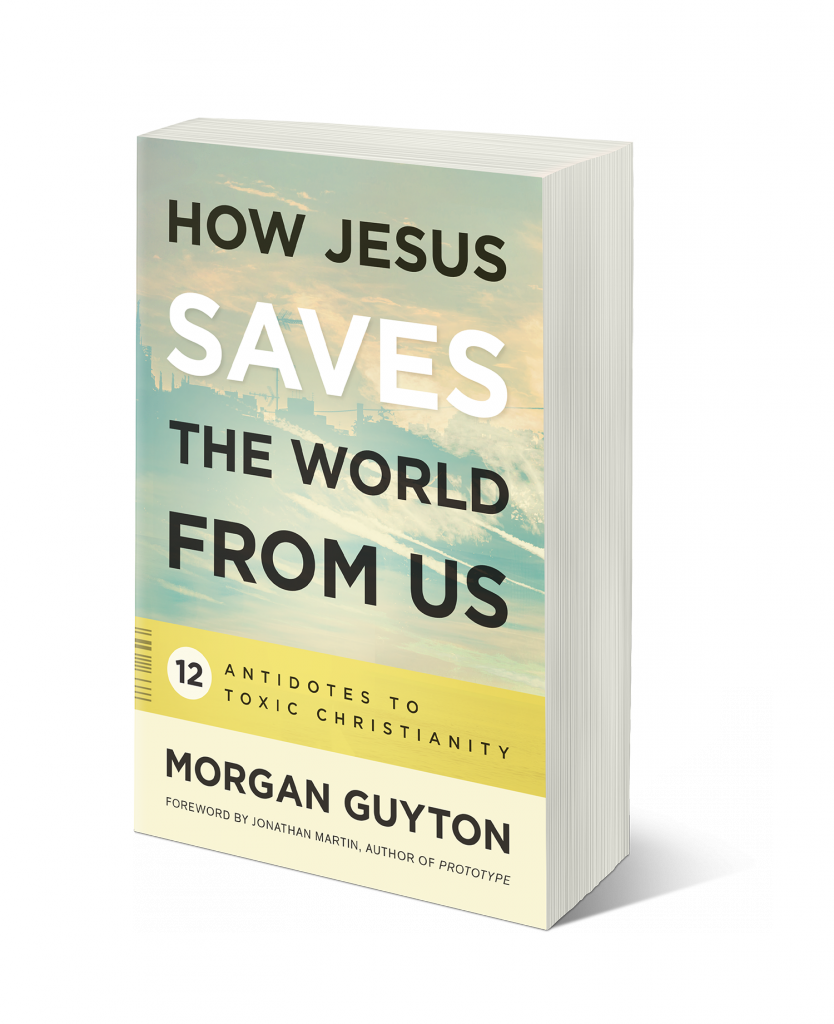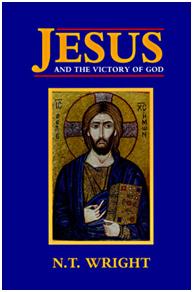This is America: My Thoughts
If you haven’t taken the time to watch the music video to Childish Gambino’s “This Is America” you need to.
It isn’t just another music video dreamed up by a marketing team to sell records. This video is an art piece. As with any good piece of art it will mess with you. It works on you. It doesn’t leave your memory. It will stick with you.
Over the last week I have watched it more than a dozen times and I cannot stop thinking about the images, the lyrics, and I how I feel every time I watch it. I can’t get the lyrics out of my head.
This is America
Don’t catch you slippin’ up
Every time I watch it, I want to write something…my thoughts…my feelings…my reactions…my anger…my hope. It seems like I have a different reaction every time I watch it, but one thought continues to remain consistent: this song is important.
In some ways this is the “The Times They Are A-Changin'” for a new generation. Bob Dylan wrote that song in 1963 and was later called the voice of a generation. I don’t know if generations have a single voice anymore. We are so polarized and tribal and live in such a pluralistic world that maybe there isn’t one song that will speak to and for an entire generation.
But then again, maybe this is the song and voice and message for this generation.
So watch and listen with an open mind and heart. Be prepared to be moved. If you have already watched it once or twice, watch it again…and again. Listen and watch. The video is just as important as the song.
Be warned. Some lyrics are explicit and some images are graphic, but still…you need to watch this.
Whoa. This is America.
America are you listening?
There is more in this song and video than I will take time to comment on. Others have written about all the symbolism here, but let me start with the obvious: This is America and America we have a problem.
We have a revolving door of violence and it seems like after we all offer “thoughts and prayers,” we go back to life as normal. Particularly people like me. I am a middle class white dude. When I watch “This Is America,” I do so with white eyes. I make no apology for my ethnicity and socioeconomic status. I just acknowledge that it exists and I am aware of it. I’m aware that because of my place in life, I see things with certain biases and assumptions. I do not know what it is like to live in fear. I do not know what it is like to be a black man in America. I see Glover running at the end of this video with fear in his eyes and I cannot imagine a situation where I will ever know a moment of terror like that. One thing I do know: #BlackLivesMatter.
America we have a problem and guns are a part of that problem.
In the opening scene when the guitar player (minus his guitar) is executed, the man’s body is dragged off only after the gun used in his murder is carefully handed off in a red cloth. In America guns have become sacred and any talk of ending the proliferation of guns is met by outrage and resistance. (I have written about that here.) I know we have second amendment rights. I know we need armed law enforcement. Nobody is saying we have to eliminate all guns but what can we do to end the spread of guns and gun violence?
How long will we rant on social media over escalating violence in America and then go back to:
Look how I’m geekin’ out
I’m so fitted
I’m on Gucci
I’m so pretty
How long? How long until we say enough is enough?
How long until we as a people can say innocent black men gunned down in the streets of America is not OK?
How long until we say people being killed in our schools, churches, and movie theaters is not OK?
How long until we say violence on the “other” side of town is my problem too?
How long until we learn to put down our guns and love one another?
As a pastor I have the opportunity to serve communion week after week. Very often as I serve the wine with the words “the blood of Christ shed for you,” I think this is the way: we don’t need to shed blood anymore, Jesus shed his blood for us. The only way to peace is to confess our sin, abandon our ways, and follow the Jesus way empowered by the Spirit. This is the hope I have for America. My hope is for baptized followers of Jesus Christ to shed their political affiliations and ideological covers and wrap themselves with the other-worldly, enemy-loving, counterintuitive ways of Jesus.
This is the way. Jesus is the way. Peace is the way. There is no way to peace…peace is the way. If we will embrace Jesus, he can save us, not to take us to a distant world, but so he can save this world.
Childish Gambino has awaken something. Let’s not grow comfortable with violence. Let’s stay awake and aware. Let’s stay woke.
America are you listening?





 Today is the eve of Ash Wednesday (some traditions call it
Today is the eve of Ash Wednesday (some traditions call it